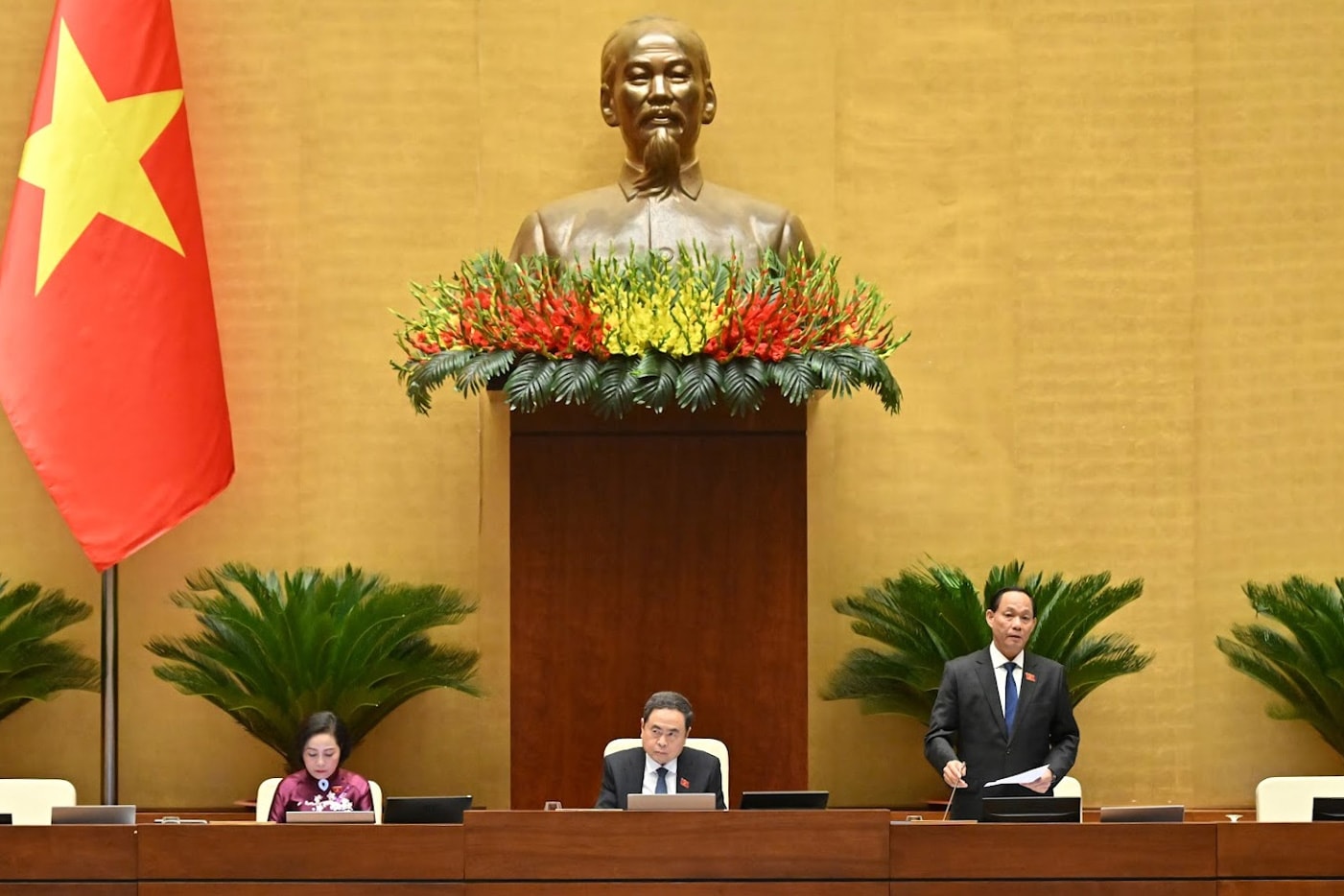
Specific regulations regarding the treatment of organizations and individuals participating in activities during emergency situations.
Presenting a summary of the Report explaining, receiving feedback, and revising the draft Law on Emergency Situations, the Chairman of the National Defense, Security and Foreign Affairs Committee, Le Tan Toi, stated that the draft Law, after receiving feedback and revisions, comprises 6 Chapters and 36 Articles.
.jpg)
Regarding measures applied during a state of emergency (Chapter III), based on the opinions of National Assembly deputies, the Standing Committee of the National Assembly directed research and revision of Chapter III, which stipulates measures applied during a state of emergency corresponding to three types of emergency situations. Accordingly, to unify the contents of the draft Law, only three types of emergency situations are stipulated: when there is a disaster, national security, social order and safety, and national defense, corresponding to appropriate measures (Articles 13, 14, and 15 of the draft Law have been revised). At the same time, Article 12 has been added, stipulating the principles and authority for applying measures during a state of emergency.
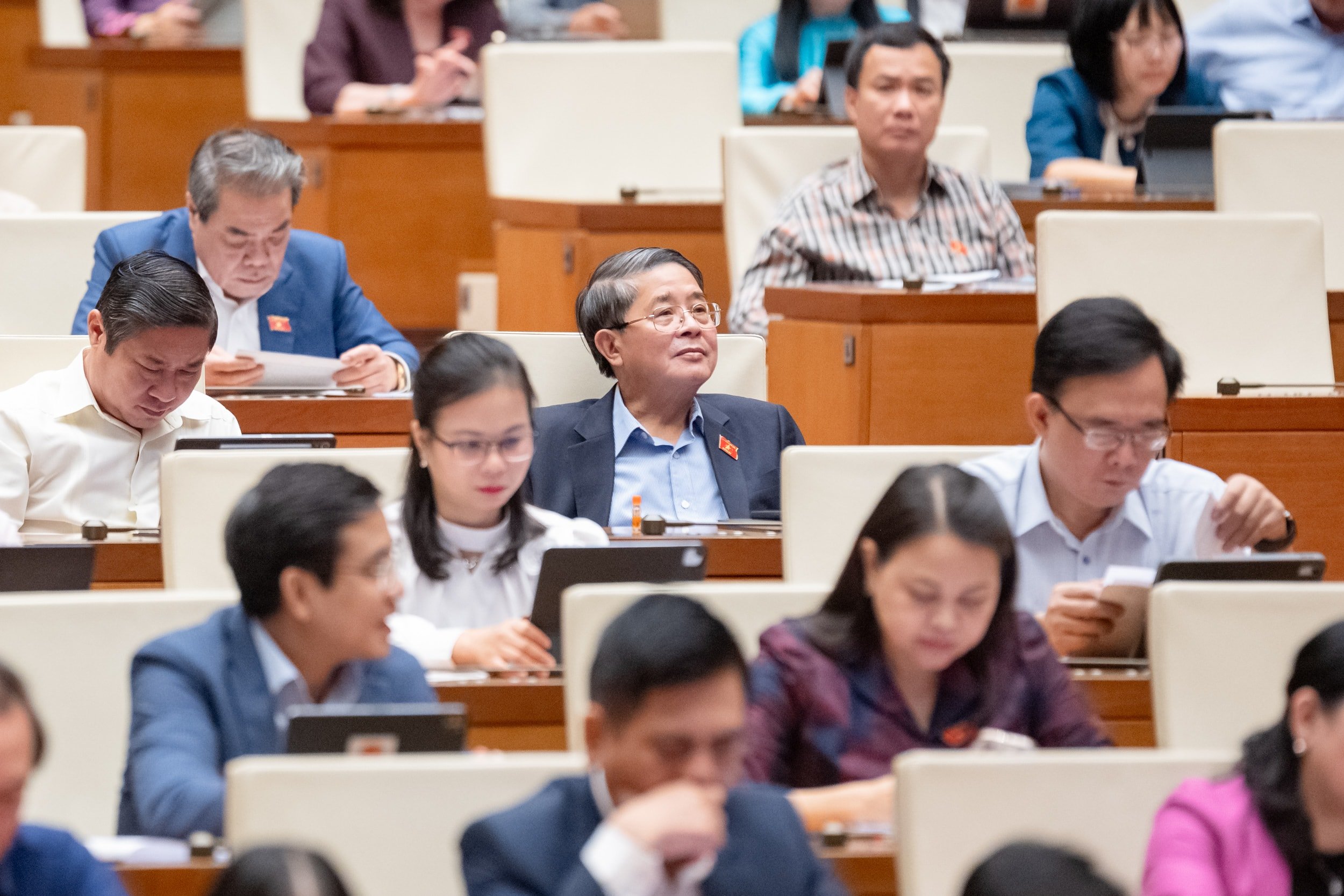
To ensure consistency, the Standing Committee of the National Assembly also reviewed and revised Articles 15, 16, 17, 18, and 19 of the draft Law submitted by the Government ; specifically regulated relief, support, and support policies in Articles 19 and 20; added Article 22 regulating training, drills, and exercises on emergency situations; and specifically regulated the regime and policies for organizations and individuals participating in activities during emergency situations in Article 23 of the revised draft Law.
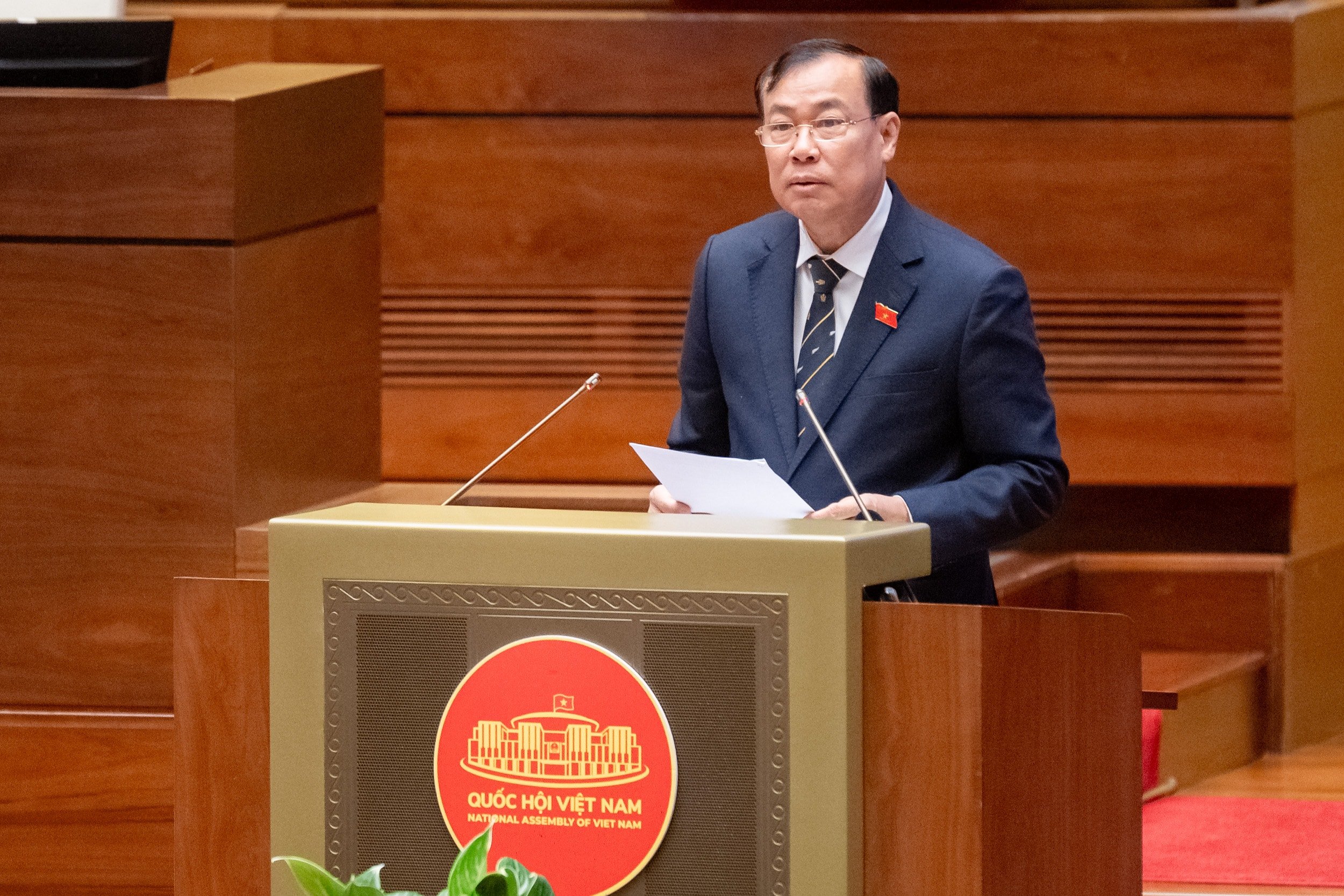
Regarding direction, command, and forces in emergency situations (Article 25), based on the opinions of National Assembly deputies, the Standing Committee of the National Assembly has revised this clause to clarify the responsibilities of the Steering and Command Boards stipulated in specialized laws when promulgated. At the same time, the title of the Article has been changed to "Directing and Command Agencies in Article 25" for appropriateness.
Clearly define the authority and procedures for controlling information during an emergency.
Regarding the state of emergency, National Assembly Deputy Duong Khac Mai ( Lam Dong ) noted that Article 2 of the draft law only provides a qualitative description, failing to specify quantitative criteria, activation thresholds, and inter-agency assessment mechanisms. Meanwhile, current legislation already includes numerous laws regulating various emergency situations, such as the Law on Civil Defense, the Law on National Defense, the Law on National Security, the Law on Disaster Prevention and Control, and the Law on Disease Prevention and Control.
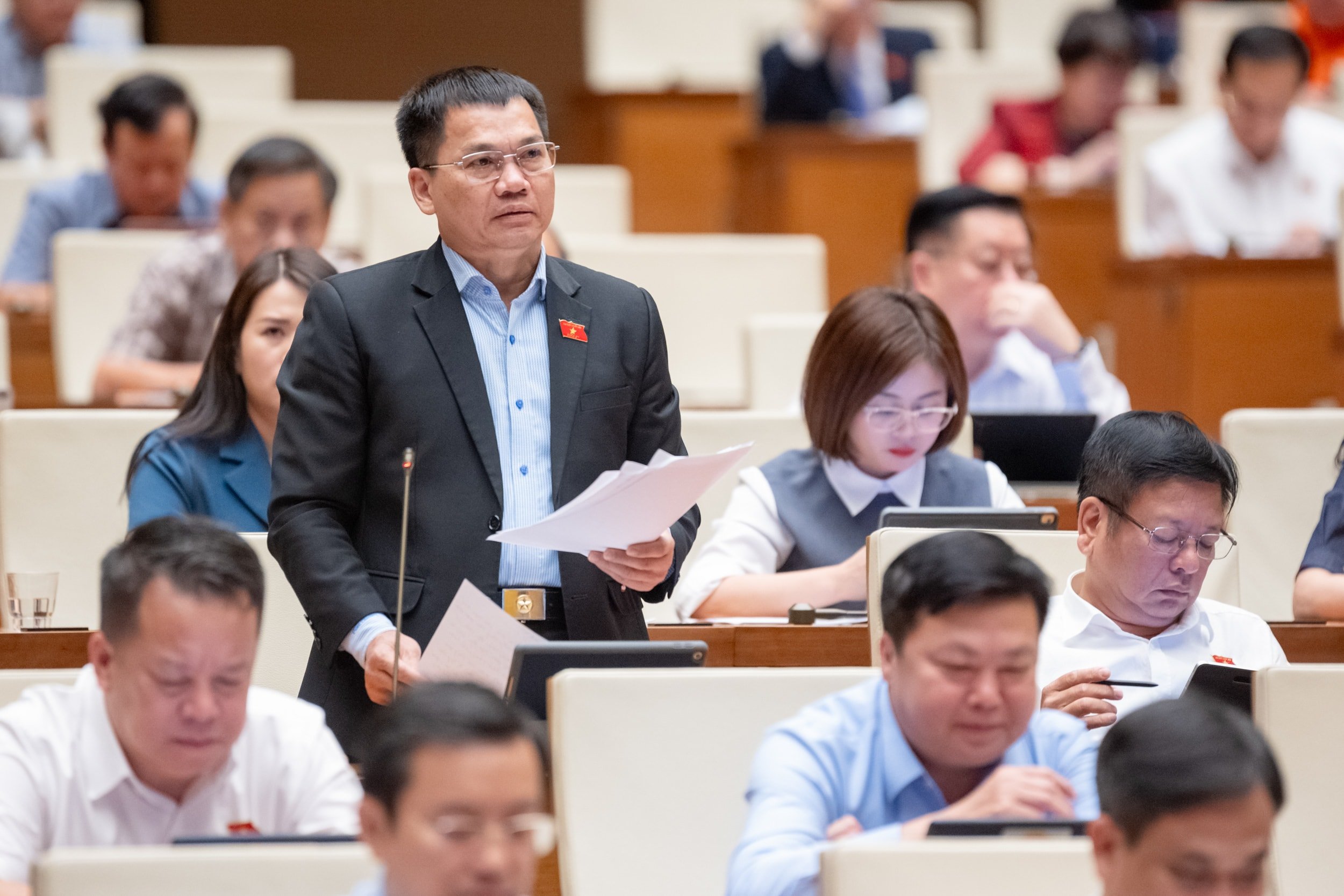
Arguing that "without clearly defining the boundaries between different types of emergencies, conflicts of authority are very likely to occur," Representative Duong Khac Mai proposed adding Article 2 or entrusting the Government with the authority to specify in detail the quantitative and qualitative criteria, activation thresholds, and levels of emergency. For example, the scope of impact, the percentage of the population affected, economic losses, and the level of threat to national security and defense.
Regarding this matter, to facilitate implementation, National Assembly Deputy Nguyen Tam Hung (Ho Chi Minh City) also suggested that the criteria for activating a state of emergency in national defense need to be clarified, especially when martial law has not yet been imposed but there is a risk of violating sovereignty, border security, or seriously threatening strategic infrastructure. "Clarifying this concept will not only facilitate command and control but also help unify understanding among the armed forces, government, and people in the locality," the deputy emphasized.
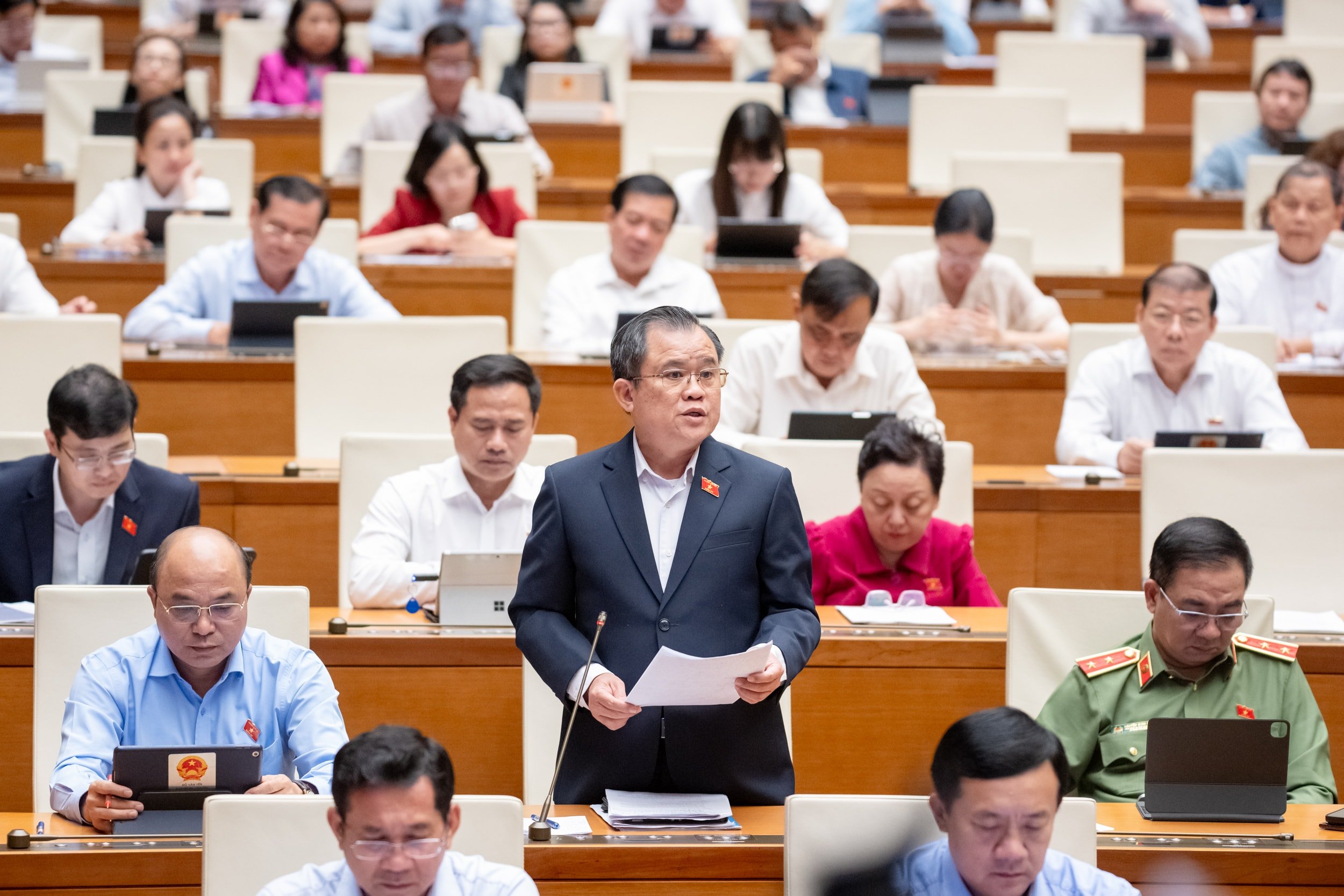
Furthermore, regarding prohibited acts during an emergency (Article 5), Representative Nguyen Tam Hung proposed adding a prohibited act to the list of "not exploiting the emergency to abuse power or use force beyond one's authority" to ensure a balance between the authority of law enforcement and the legitimate rights and interests of the people. According to the representative, this regulation does not diminish the effectiveness of management but, on the contrary, demonstrates the humane spirit and the power control of the socialist rule of law state of Vietnam.
Regarding the control of emergency information, Clause 8 of Article 13 of the draft Law stipulates the control of the posting of information about the state of emergency on mass media and cyberspace. At the same time, Clause 5 of Article 14 of the draft Law also stipulates the control of the posting of information about the state of emergency on mass media and cyberspace, censorship of publications, suspension of publication and recall of publications with content harmful to national security and social order.
While agreeing with the draft law's provisions to prevent the dissemination of false information, causing public panic, or exploiting the emergency situation for personal gain, National Assembly Deputy Vu Hong Luyen (Hung Yen) emphasized that this control must be carried out openly, transparently, and in compliance with the principle of limiting citizens' rights.
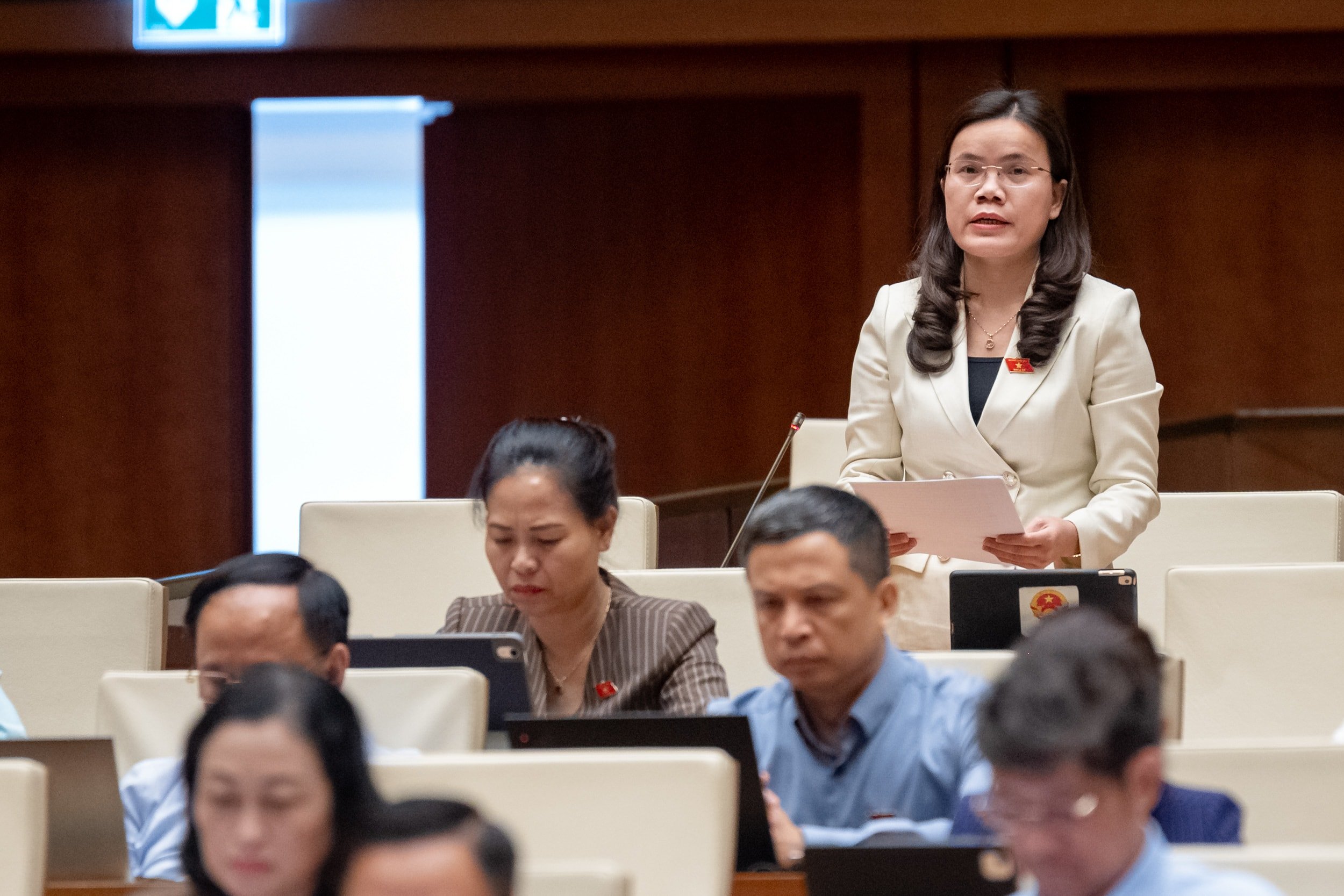
Representative Vu Hong Luyen proposed that the authority and procedures for controlling information should be clearly defined, with time limits and scope of application. At the same time, the responsibilities of the State and competent agencies and organizations in disseminating information promptly, smoothly, and accurately should be stipulated to guide public opinion and create social consensus.
Point b, Clause 1, Article 19 of the draft Law stipulates that one of the subjects eligible for emergency relief and support is households and individuals who have lost their homes, lack food, drinking water, and essential goods, and are at risk of endangering their lives and health, with priority given to vulnerable groups.
Representative Vu Hong Luyen argued that this regulation demonstrates the Party and State's concern for the people during times of crisis, ensuring the stability of people's lives and the rapid restoration of production. However, it is necessary to more clearly define the criteria for vulnerable groups, such as elderly people living alone, children, people with disabilities, and poor households, to ensure that relief is provided fairly, promptly, and effectively.
Regarding procedural activities during emergency situations, Article 6 of the draft Law adds a provision allowing the Head of the Investigating Agency, the Chief Prosecutor, and the Chief Justice of the People's Courts at all levels to shorten or extend the time and procedures for conducting procedural activities compared to the provisions of the Criminal Procedure Code.
National Assembly deputies Nguyen Cong Long (Dong Nai), Huynh Thi Phuc (Ho Chi Minh City), and Nguyen Thi Thuy (Thai Nguyen) proposed considering adding the authority to review and shorten or extend the procedures for conducting litigation activities in emergency situations.
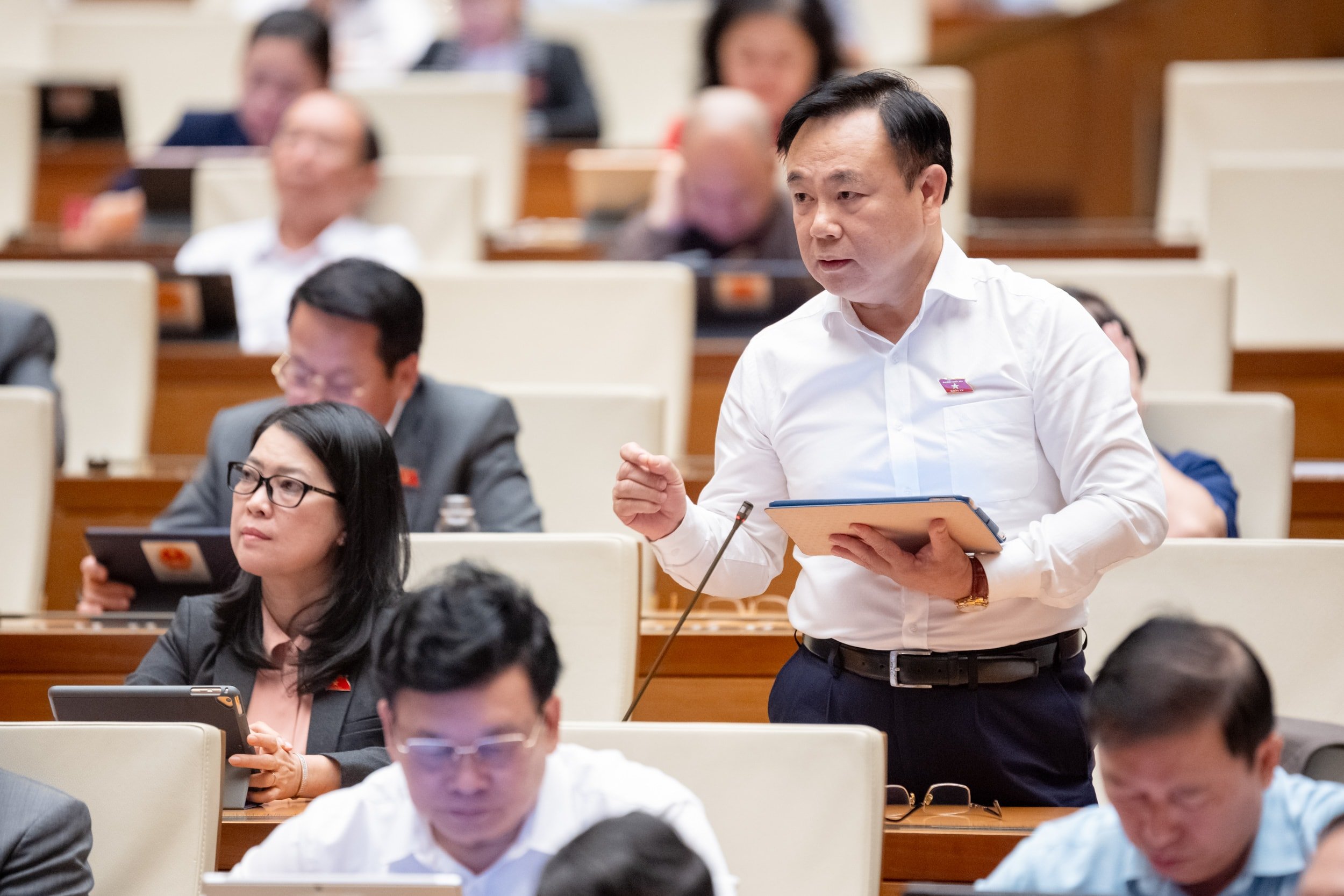
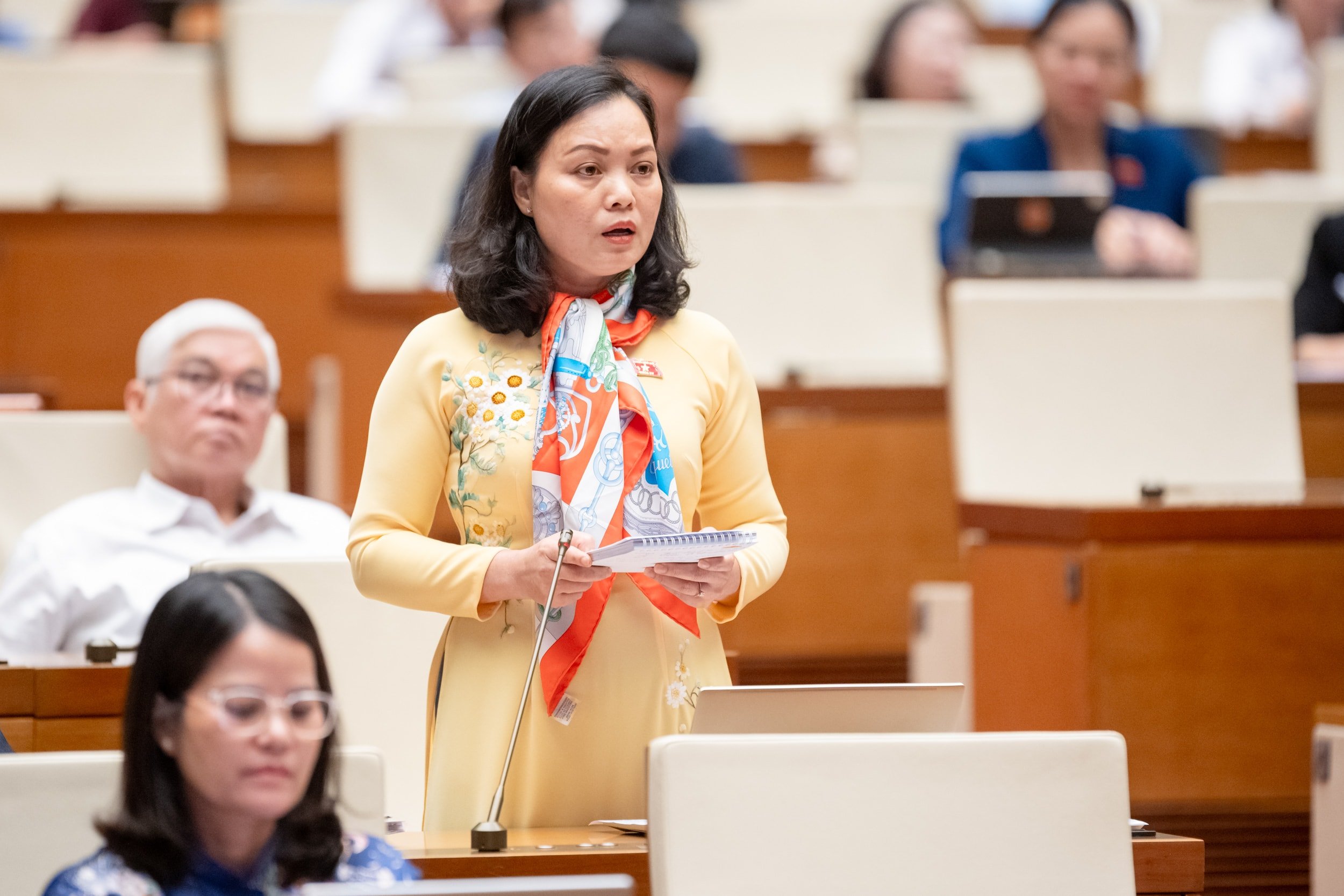
According to Representative Nguyen Thi Thuy, the emergency situation is very unusual, so it is necessary to allow an extension of the litigation time beyond the provisions of the current Criminal Procedure Code. However, regarding procedural matters, only the prosecuting authorities should decide which procedures are necessary or not necessary for each case.
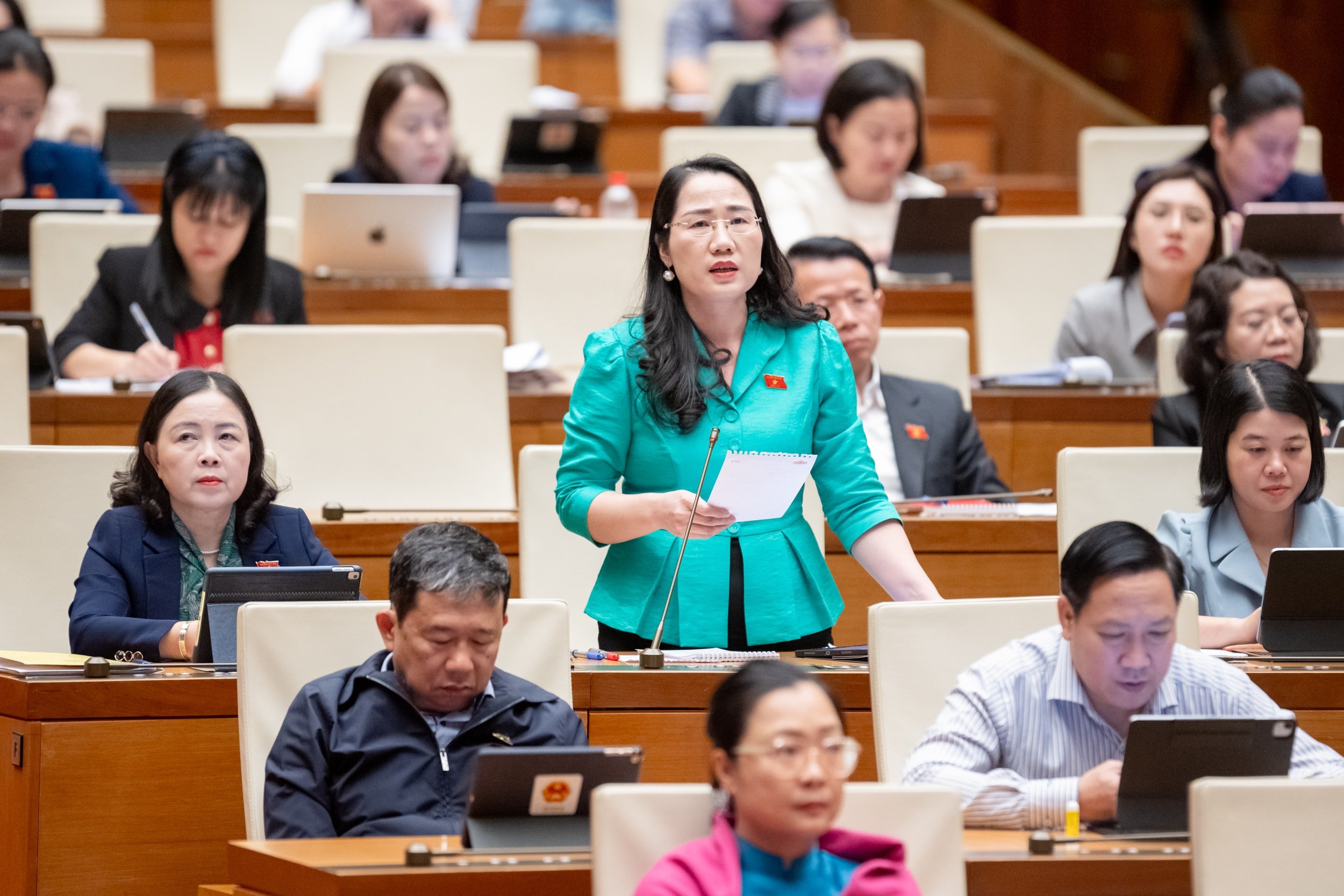
“Depending on the specific case, those directly involved in the proceedings will assess and determine the appropriate methods to ensure a democratic, objective, and comprehensive resolution of the case. If contradictory statements are found, a confrontation must be conducted. If the identification of the victim and other victims is unclear, identification and voice recording must be organized,” Representative Nguyen Thi Thuy emphasized.
Source: https://daibieunhandan.vn/xac-dinh-ro-nguong-kich-hoat-cap-do-ve-tinh-trang-khan-cap-10393165.html







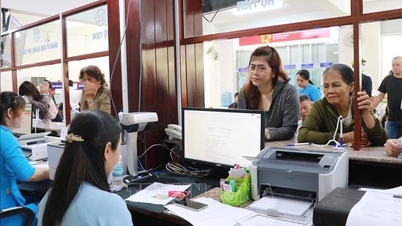



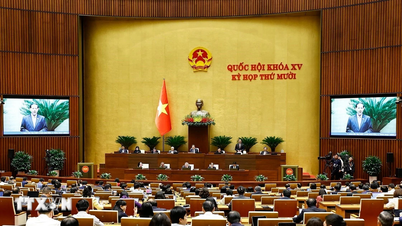

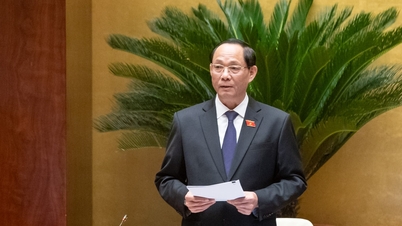
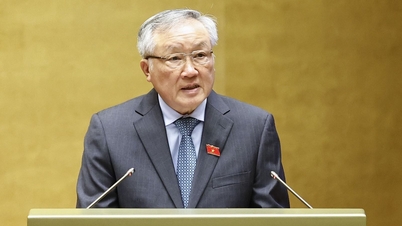


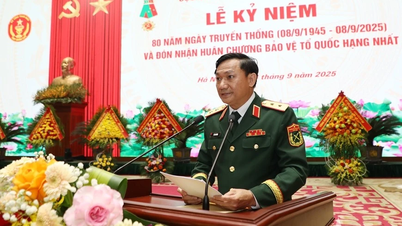












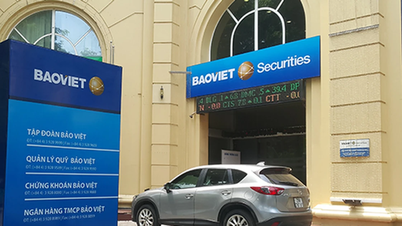



![[Photo] Prime Minister Pham Minh Chinh holds a phone call with the CEO of Russia's Rosatom Corporation.](/_next/image?url=https%3A%2F%2Fvphoto.vietnam.vn%2Fthumb%2F1200x675%2Fvietnam%2Fresource%2FIMAGE%2F2025%2F12%2F11%2F1765464552365_dsc-5295-jpg.webp&w=3840&q=75)








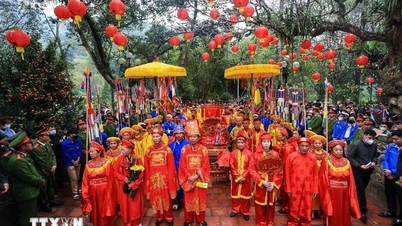








































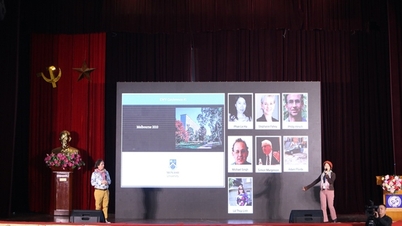
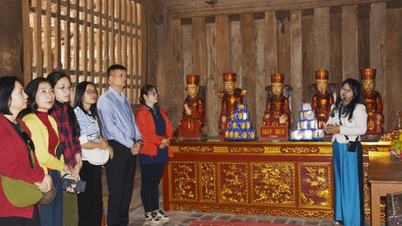


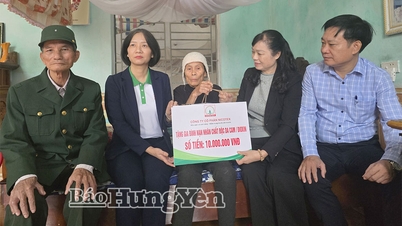

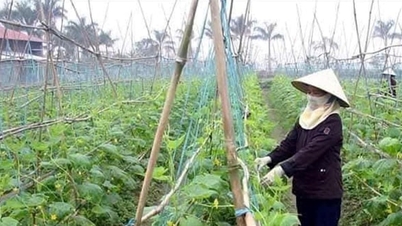
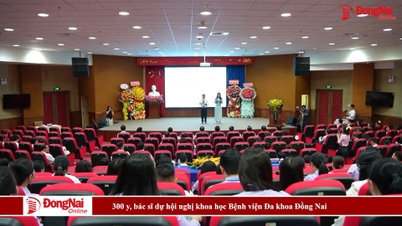













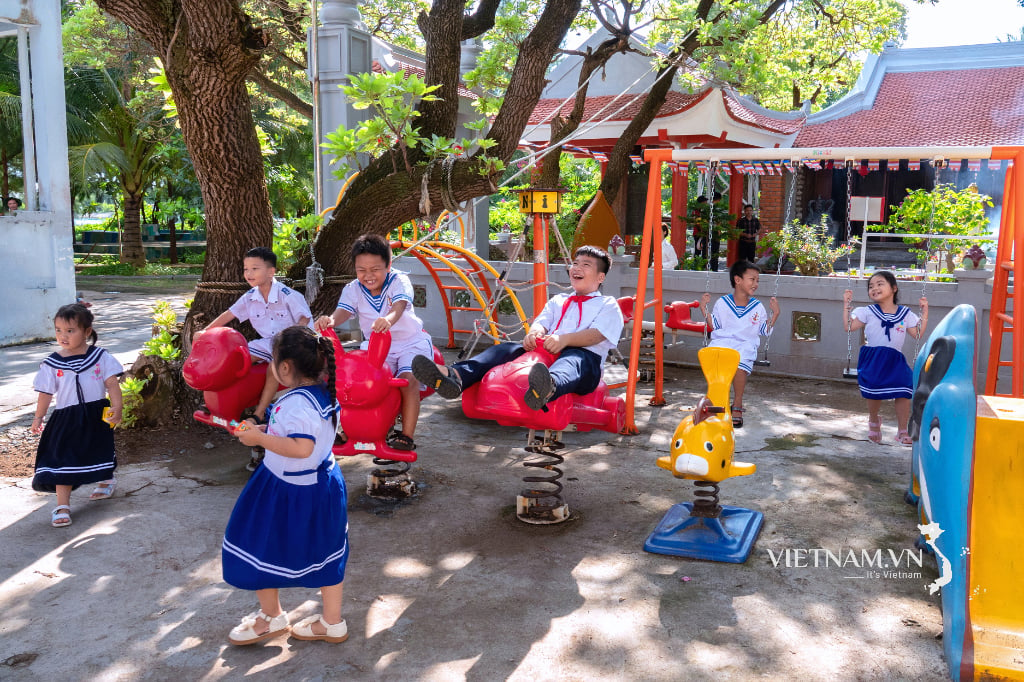

Comment (0)